Mystery surrounds a fleet of ghost boats with headless skeletons or rotting corpses on board that are washing up on Japan’s shores.
At least 14 weathered vessels—some badly damaged or capsized—with almost two dozen bodies have been discovered since October.
Mounting evidence suggests that the rickety boats have come from isolated and impoverished North Korea.
Some Internet users in Japan speculate the dead could have been defectors looking for escape from the intolerant regime of Kim Jong-Un, but experts say they were likely fishermen on an ill-fated, but government-mandated, search for bigger catches.
“Out of three bodies that our divers found on November 23, one had its head, but the two others were headless,” Coast Guard official Shuichi Hashizume told AFP, of a vessel discovered in the Sea of Japan (East Sea) last month.
“When we dragged the ship onshore, we found six skulls inside,” he added.
The detachment of the heads indicates those onboard have been dead for a considerable time, with body parts separated by a lengthy natural decay.
The coast guard says the boats are nothing new, pointing out that over the last five years there have been more than 250 incidents involving at least one boat.
But the sudden concentration of finds over a short period is unusual.
Some of the vessels have Korean-language markings suggesting connections with the North Korean military or state security organs.
Japan’s North Korea-obsessed media have been quick to pounce on the story, dispatching teams of reporters and camera crews to communities along the shore where boats have appeared.
Such a reaction is no surprise in a country with ample reason to be suspicious—even fearful—of its antagonistic and often unpredictable neighbor.
In the 1970s and 1980s, North Korean agents launched kidnapping raids on Japan’s coastline, snatching people to train the Stalinist regime’s spies in Japanese language and customs.
For years Pyongyang denied the charge, but now admits it abducted a handful of people—Japanese campaigners say it could have been more than a hundred—and remains opaque about the fate of many.
The issue continues to provoke strong emotions in Japan, where any hint of clandestine North Korean action is leapt on.
On Thursday, Japan’s coast guard provided the latest clue linking the ghost ships to Pyongyang, when it announced the discovery of a new set of remains inside a wooden ship found in waters off Sado island.
“The body was wearing a black jumper and trousers,” Coast Guard spokesman Hiromasa Suzuki told AFP. The flesh on the skull had all gone.
On the outside of the ship was a sign in Korean script, while inside was a backpack containing a badge with what looked like an image of Kim Jong-Il, the late father of current North Korean leader Kim Jong-Un, Suzuki said.
Toshimitsu Shigemura, an expert on North Korea at Tokyo’s Waseda University, said it was likely the vessels were fishing boats that had ventured far from their own coast in search of bigger catches, at the behest of leader Kim.
“Food shortages have been serious in North Korea, and Kim Jong-Un last year ordered that more fish be caught to solve the problem,” he said.
Yang Moo-Jin, a professor at the University of North Korean Studies in Seoul, agreed.
“Nearly all North Korean fishermen belong to state or military organisations, and they have often been pushed to seek bigger catches in more distant, remote waters,” he said.
“The main problem is that their vessels are old and poorly equipped, so if they run into trouble –- mechanical or otherwise—on the high seas, then they become highly vulnerable with no option to call for rescue.
“In those circumstances, they can run out of fuel and food very quickly,” Yang said.
Souce and image: Japan Today

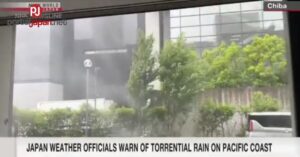
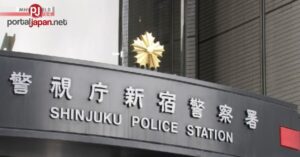
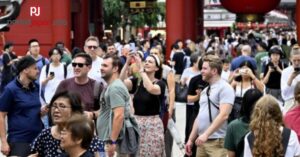
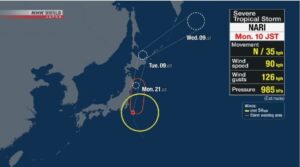
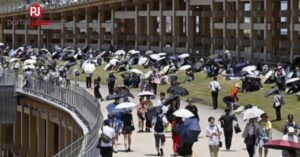
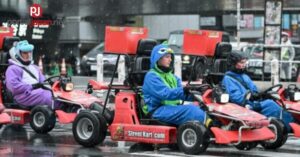
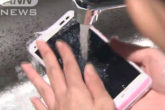
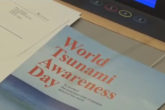







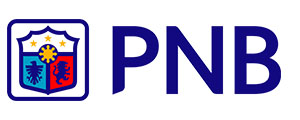
Join the Conversation